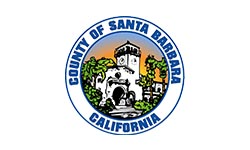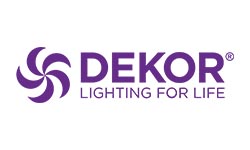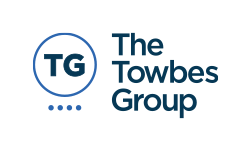WordPress or Drupal: Which should you choose?

Both WordPress and Drupal are powerful, mature content management systems with worldwide support and large websites counted among their users. So, which should you build your next website in?
We’ve built very large websites, as well as many smaller ones, in both WordPress and Drupal. There are things that we like about both of them, but since WordPress has rapidly jumped into the lead in terms of total users, following are the top 3 reasons for and against using WordPress for your website.
Reasons For:
- Easy upgrade path. WordPress has upgrades wired. Drupal and other content management systems (Joomla, anyone?) require almost a complete rebuild of the site every time they do a major release. Minor releases may not be that difficult to implement but, to date, it has been untenable to stay up to date with the other platforms and therefore websites built on them inevitably get out of date and vulnerable to security breaches, performance issues and other problems over time. For better or worse, WordPress has maintained tremendous consistency in its database structure, template system and other aspects that have made updating the software over time possible, if not always easy.
- Massive third-party development. Because the WordPress universe is so much larger than that of either Drupal or Joomla (WordPress holds 30% of the worldwide market, compared to 7% for Drupal and 1% for Joomla), there are many more plugins, themes and services available that work with WordPress. This adds tremendous value to your ability to improve site functionality over time.
- Stronger Developer & User Support. Because WordPress dwarfs Drupal in terms of its user base, there are always developers who can help and users are much more likely to have been exposed to it, reducing development, training and maintenance costs. WordPress, while still far from perfect, is also generally considered to be the easiest to use from an administration standpoint.
Reasons against:
- The constant updates to WordPress and plugins creates an upgrade burden on site owners. If you don’t update, you fall behind and can fall prey to bugs and insecurities. If you do update, you occasionally will run into conflicts created by the latest version of WordPress or a plugin that causes issues with your site. Essentially, you have to factor in more maintenance costs. Arguably, however, Drupal has this same cost it’s just that it’s so much higher that most people never do the upgrades and therefore inevitably their sites have problems or get hacked
- There are way MORE plugins for WordPress but many of them are not that mature. There are a few vertical markets that have deeply committed to Drupal and make modules for that platform for which analogs do not exist in the WordPress world. For those few industries, it’s a no brainer to go with Drupal. This probably doesn’t apply to you and, if it does, you’ll know because you’ll be talking to a vendor who requires you to use Drupal in order to buy their product.
- Due to it’s much greater popularity, WordPress is a bigger target for hackers, just like Windows is a bigger target than the Mac for viruses. On the other hand, the greater amount of security activity has arguably led to a more secure platform over time. Either way, the greater risk can be overcome with keeping WordPress up to date and utilizing good security plugins and practices, just like you maintain a good Virus checker if you live in the Windows world.
So, which platform should you go with? For most developers and site owners, WordPress is a clear choice for its straightforward upgrade path, large third-party marketplace and stronger developer, as well as user, support. In rare instances, if you are looking to build a large proprietary web platform or you are interested in vertical market software that requires it, Drupal might be the right choice.
































